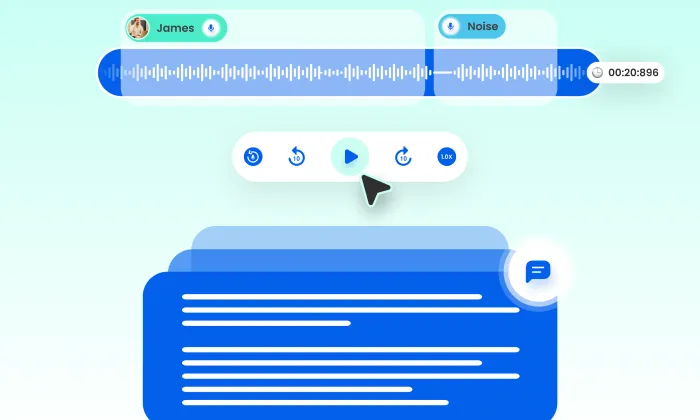What is the role of federated learning in the future of in-car speech model training?
Federated Learning
In-Car AI
Speech Models
As the automotive industry continues to innovate with artificial intelligence (AI), federated learning is emerging as a key player in advancing in-car speech recognition systems. This decentralized approach not only enhances privacy protection in AI but also leverages diverse data sources to improve model accuracy. Here's how federated learning is shaping the future of automotive AI applications.
Understanding Federated Learning in Automotive Context
Federated learning is a distributed machine learning technique that allows models to be trained across multiple decentralized devices or servers, all while keeping the data where it’s generated. In the case of in-car systems, this means each vehicle trains its local model using its collected speech data and shares only the model updates, not the raw data, with a central server. This approach ensures user privacy and complies with data protection regulations like GDPR.
Why Federated Learning Matters for In-Car Speech Models
- Privacy Preservation: With stringent data privacy laws, keeping sensitive user data within the vehicle is paramount. Federated learning ensures that personal conversations and commands remain private while still contributing to model training. Techniques like differential privacy can be integrated to add an extra layer of data protection.
- Enhanced Model Performance: In-car speech recognition systems must function across a variety of acoustic environments ranging from highway noise to urban chatter. Federated learning allows models to learn from this rich, diverse data without needing to centralize it, thus improving generalization.
- Continuous Real-Time Data Processing: Federated learning supports continuous model improvement by adapting to new speech patterns and environmental conditions encountered over time. This adaptability is crucial for maintaining high accuracy in voice recognition systems as user interactions evolve.
Implementing Federated Learning in Practice
Federated learning in the automotive sector involves several steps:
- Data Localization: Each vehicle captures in-car speech under various conditions, which is then pre-processed locally to remove noise and irrelevant information.
- Model Training on Edge Devices: The car’s onboard systems train a local model using this data, adjusting weights based on the specific dataset while adhering to privacy protocols.
- Model Update Sharing: Instead of sending raw data, vehicles transmit model updates to a central server, which aggregates these updates to refine a global model.
- Iterative Feedback Loop: The updated global model is disseminated back to individual vehicles, creating a continuous cycle of improvement.
Challenges and Best Practices
While promising, federated learning also presents challenges:
- Communication Efficiency: Transmitting model updates can be bandwidth-heavy. Employing compression techniques and asynchronous updates can help mitigate this.
- Data Heterogeneity: Varying data quality and quantity across vehicles can affect model performance. Stratified training and testing can help ensure robustness.
- Computational Constraints: The limited processing power of in-car systems may restrict model complexity. Optimizing algorithms for edge devices is essential.
Real-World Implications & Use Cases
Federated learning is already impacting the automotive industry:
- Autonomous Vehicles: Companies like Tesla use federated learning to enhance speech recognition systems by gathering insights from their fleets while protecting user privacy.
- Voice-Activated Assistants: Automotive brands deploy federated learning to train multilingual voice assistants, improving contextual understanding by learning from diverse speech data across regions.
- Emotion Detection Systems: Autonomous taxi services fine-tune emotion recognition models using federated learning, leveraging real-time passenger interaction feedback to enhance customer experience.
Looking Forward
Federated learning is set to revolutionize in-car speech applications by improving model performance while safeguarding user data. For organizations aiming to leverage this technology, FutureBeeAI offers tailored datasets and advanced federated learning solutions to optimize in-car speech models.
For AI-first companies looking to innovate with federated learning, FutureBeeAI provides scalable, privacy-compliant datasets that ensure robust model training and deployment in record time.
What Else Do People Ask?
Related AI Articles
Browse Matching Datasets
Acquiring high-quality AI datasets has never been easier!!!
Get in touch with our AI data expert now!








